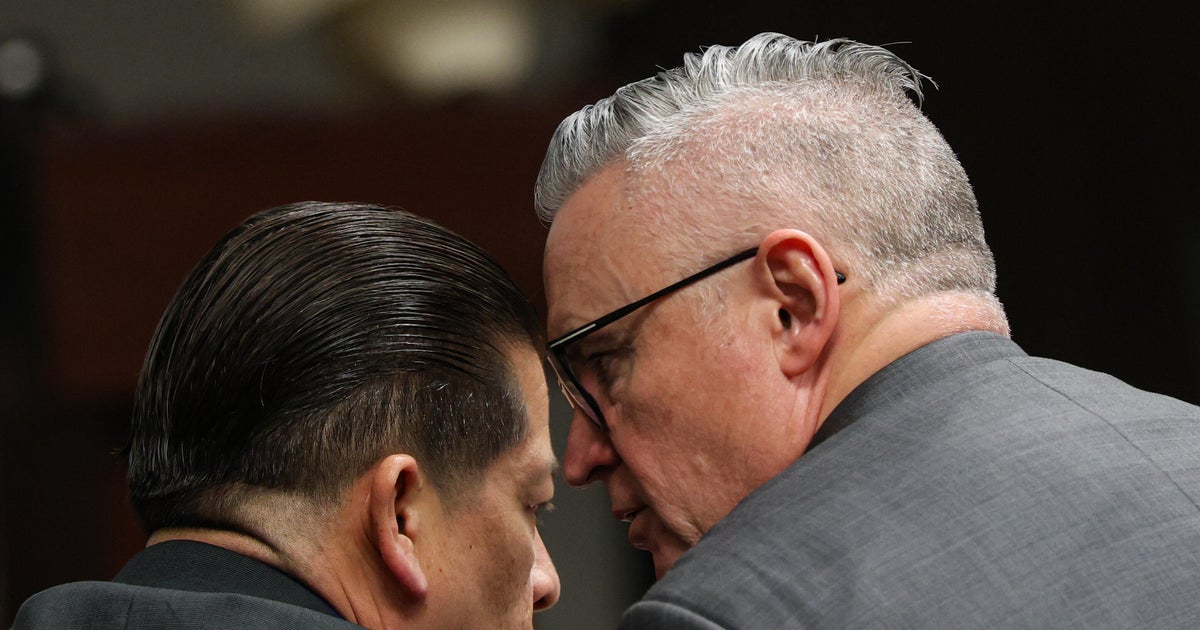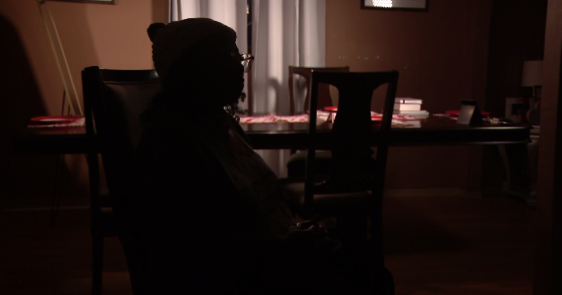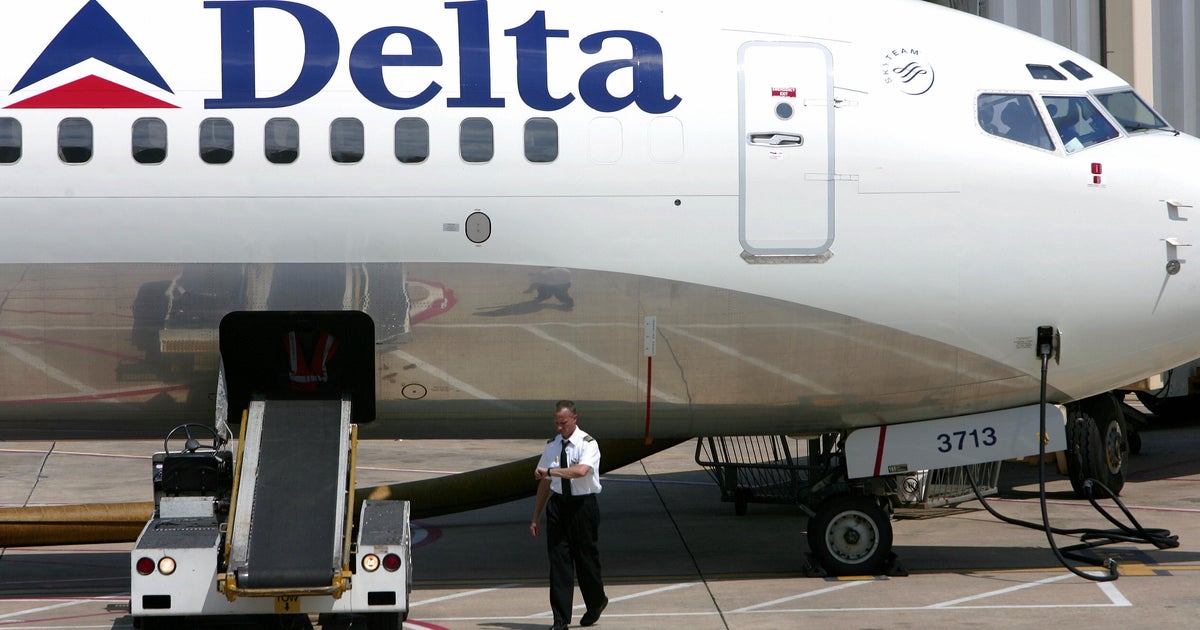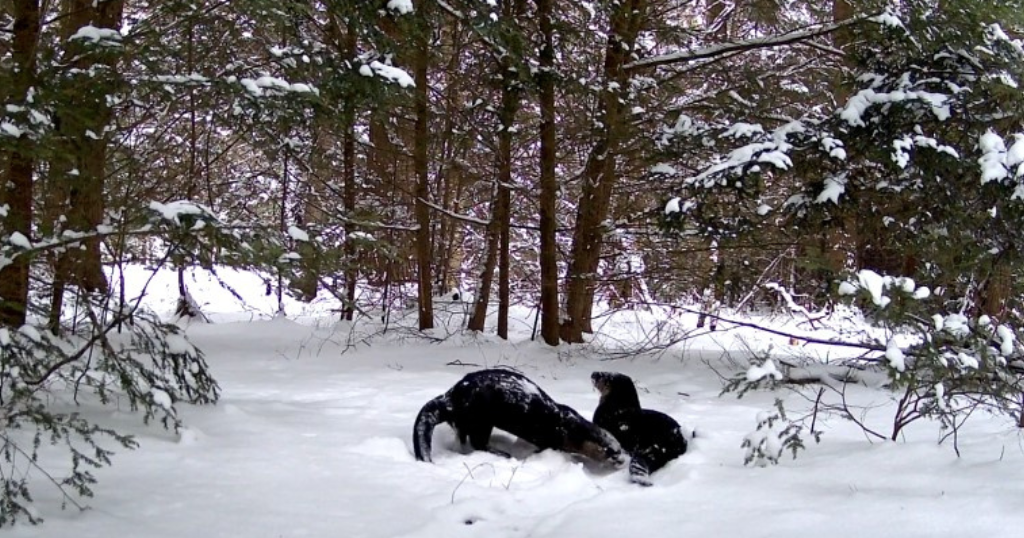New Way To Bet On Oil & Gas Wipes Out Billions In Investor Savings
Follow CBSDFW.COM: Facebook | Twitter
NEW YORK (AP) - When Karen Robinson's husband died, she worried she wouldn't have enough money to raise her two young girls and save for retirement.
Then she met a financial planner, Tom Parks, who told her about investment partnerships that would allow her to ride the boom in U.S. oil and gas production while receiving a steady stream of payments to help pay her bills.
"He showed me this picture of the United States, and said they were getting oil out of shale, and energy was the way to go," says Robinson, a high school teacher from Cranfills Gap, Texas. She liked that Parks seemed so confident. "I trusted him."
Two years later, her partnerships have plunged in value and Robinson has lost more than half of the $202,000 she invested, according to a complaint filed with regulators against Parks and his firm, Ameriprise Financial Services. Parks did not return phone calls and emails; Ameriprise declined to comment.
For years, brokers have been luring savers like Robinson into drilling partnerships with the promise of fat payouts. With yields on safer investments like government bonds so puny, it wasn't a hard sell. But now this once hot business, a big source of fees for brokers and banks, is coming to a messy end.
In the past year, investors have lost $20 billion in publicly traded drilling partnerships, or $8 of every $10 they had invested, according to a report prepared by FactSet for The Associated Press. That figure does not include losses from $37 billion of bonds sold by the partnerships in the five years since 2010, many down by half in last 12 months, or losses from bets on private partnerships that don't trade publicly and are difficult to track.
A plunge in the price of oil that few anticipated explains much of the loss. But many partnerships had borrowed heavily and were running big risks even when oil was twice as high a year ago, suggesting that either investors were too sloppy in their hunt for steady income or brokers too reckless in their hunt for fat fees -- or some ugly combination of both.
"If you were trying to preserve your capital, oil and gas producers were not for you," says Ethan Bellamy, a financial analyst at R.W. Baird. "They were always higher risk investments."
The losses on partnerships are piling up as investors are having second thoughts about their headlong rush into other high-yield, high-risk securities, like bonds from volatile emerging markets or from highly indebted U.S. companies, called "junk" because they are so dangerous.
In the first eight months this year, investors have yanked $4 billion each out of junk funds and emerging-market bond funds, according to the latest figures from Morningstar, a research firm.
A NEW WAY TO PLAY OIL
The energy partnerships, formally called master limited partnerships, can avoid some corporate taxes by passing much of what they earn straight to their investors, called partners. These payments explain why the firms used to mostly stick to storing and transporting oil, unsexy businesses that generate a steady stream of cash. Bankers called them "toll booth" businesses, and it was meant as a compliment. With much of the cash going out the door as soon as it came in, you want boring predictability.
Then the Federal Reserve slashed interest rates to near zero to help revive the economy in the financial crisis, and that helped send yields on conservative investments like U.S. government bonds plunging. Investors scrambled for alternatives to earn a bit more. Partnerships focused on drilling sprung up to meet the demand, dangling yields of 6 percent or more, and Wall Street got busy selling their stocks and bonds.
In the five years through 2014, energy partnerships of all kinds raised $21 billion in initial stock sales, more than twice what they sold in the five years before the financial crisis, according to financial data provider Dealogic. For help with the sales, banks like Citigroup, Barclays and Wells Fargo pocketed an estimated $1.1 billion in fees, according to Dealogic. Fees from follow-up stock sales, plus bond offerings, added to their haul.
DEATH SPIRALS
Because they can tap stock and bond markets to raise money, publicly traded partnerships appear to have plenty of financial flexibility. But that's not true in troubled times when investors are scared and money is needed most.
One of the partnerships in Robinson's account, BreitBurn Energy, has sold stocks and bonds to investors 10 times since 2011. It needed to raise money because nearly half the $1.6 billion it took in from selling oil and gas from its wells since 2011 went to investors.
Then oil began to fall last year and BreitBurn stock tumbled. It cut its payments to investors in half to conserve cash, but by March this year the stock was still under pressure and it had to strike a deal with an investment firm for a $1 billion infusion in exchange for fat monthly payments. In just 12 months, its stock has plunged 85 percent.
BreitBurn declined to comment.
"It's a little like a death spiral," says Andrew Stoltmann, a lawyer representing Robinson. "When the bad news inevitably hits, they don't have a cash cushion."
BELLS GOING OFF
Partnerships that don't trade publicly have dangers of their own. Managers carve out big payments for themselves and for the brokers who raise money for them, a dangerous move for businesses frequently in need cash to secure new wells to replace old ones running out.
Ron Vaerewyck and his wife, Jeanine, found out about these risks the hard way. While their checks were coming in, the retired couple never suspected any danger in their two private partnerships, run by Reef Oil and Gas Partners in Richardson, Texas.
Then production at some wells fell short, threatening the stream of income. And the big money going to Reef management and an affiliated brokerage firm, Reef Securities, left little financial cushion. Of the $90,000 they had invested, nearly $14,000 went to those two groups right from the start. The checks got smaller and infrequent, and the Orlando, Florida, couple started to worry.
"The bells were going off, and we started questioning things," says Ron, 73, a retired Dow Chemical human resources executive. "Why are your expenses so high?"
In 2012, the Vaerewycks and seven other investors filed a complaint with regulators accusing the brokerage of not vetting the deals properly and misrepresenting the risks. Last year a panel of arbitrators ordered Reef to pay about the investors $188,000, a little less than half what they invested. The Vaerewycks got $45,000.
Reef Oil and Gas says that the risks of the deals were clearly disclosed, with the term "risk" itself appearing dozens of times in the offering document.
THE FUTURE
While partnership losses mount, other investors are hurting, too: those who poured billions of dollars into partnership bonds.
Fearing they won't get their money back when their drilling bonds mature, investors have been dumping them. A $250 million issue due in six years from Houston partnership Atlas Energy Group, once offering 9.25 percent in annual interest, has dropped 55 percent in 12 months.
"When interest rates are zero and junk bonds are paying 9 percent, that is high risk," says David Miller, a Houston lawyer who recently settled eight investor claims involving energy partnerships. "I would expect to see a wave of defaults."
(© Copyright 2015 The Associated Press. All Rights Reserved. This material may not be published, broadcast, rewritten or redistributed.)







